Marches and hunger strikes in battle for voting rights
- Published
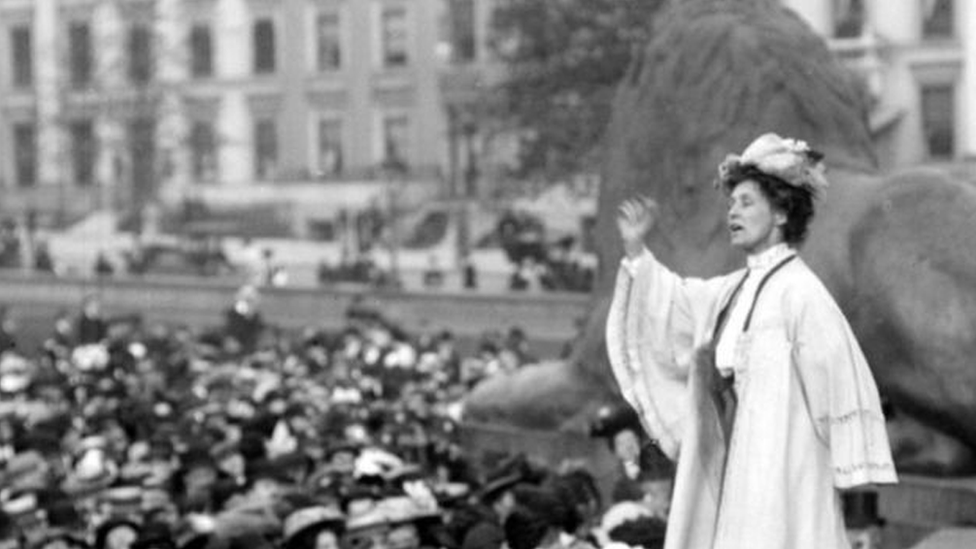
Suffragette Emmeline Pankhurst addressing a meeting in London's Trafalgar Square, 1908
On the 100th anniversary of the day some women won the right to vote, Helen Pankhurst, great grand-daughter of suffragette Emmeline Pankhurst, tells how Welsh women played a powerful role in the suffrage movement, and what still needs to be achieved.
A few years ago, I never could have predicted that the anniversary of the Representation of the People's Act would attract so much attention.
In fact, it couldn't be more relevant and timely.
We have so many feminist issues bubbling up, with the #MeToo and Time's Up campaigns, plus the reports into the gender pay gap.
On any single day, there are countless voices saying the traditional way of doing things is not good enough and that we have to change.
Of course, women have come an extraordinarily long way and I'm sure my great-grandmother's generation would have felt immense pride at what we have achieved.
We are present in all walks of life and across political and cultural spheres.
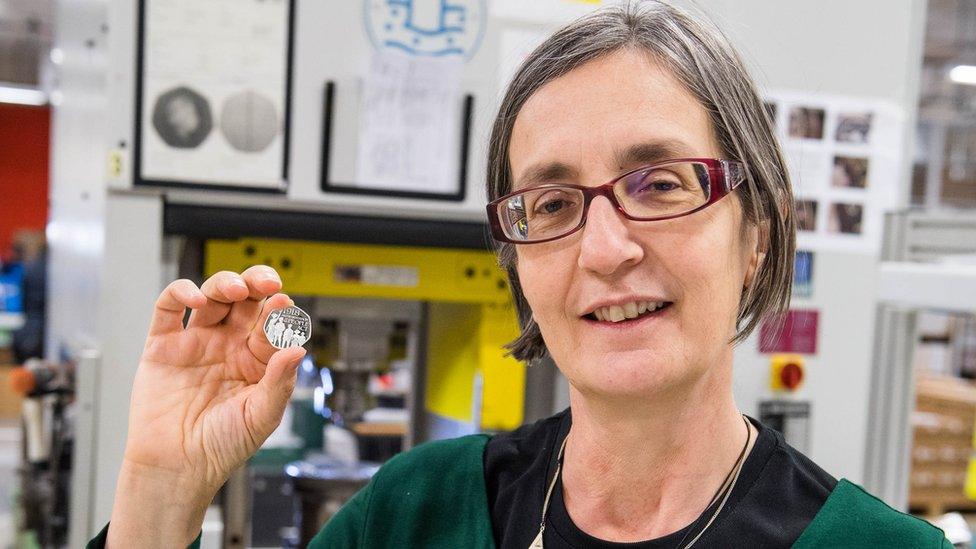
Helen Pankhurst: The great-grand-daughter of Emmeline Pankhurst recently unveiled a new 50p piece to mark 100 years of women having the vote
Women have amazing choice in their home lives and great control over their work and whether or not to get married and have children.
However, I think the suffragettes would say that the pace of change has been much too slow, especially in terms of reducing violence and misogyny, something that seems driven by the rise in social media and pornography.
Undoubtedly, there's much to do but as the 2018 celebrations kick-off, I hope women take inspiration from those who came before.
Looking back, I feel the suffrage movement - with its marches, speeches and sacrifices - is truly inspiring.
And people needed to be reminded this was a global movement - with Wales too playing its part.
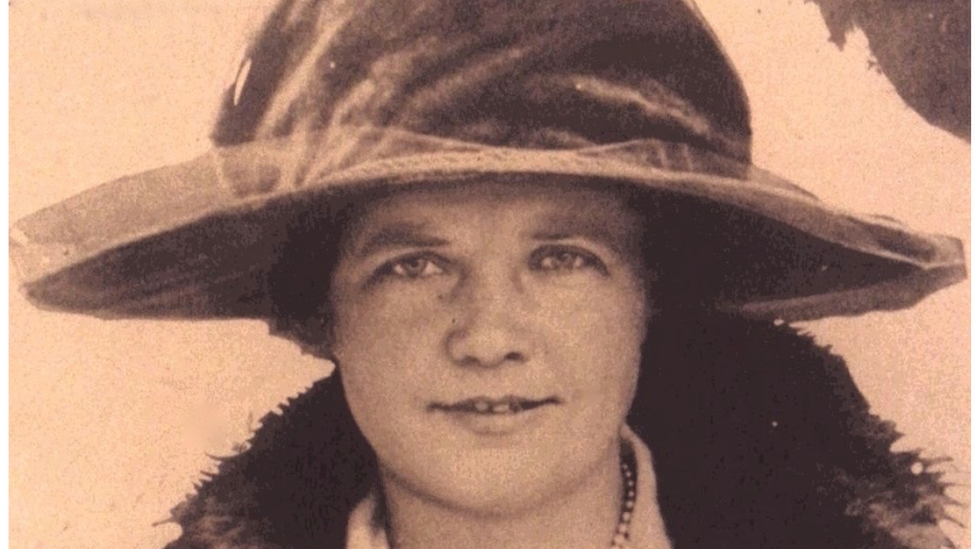
Margaret Haig Mackworth, 2nd Viscountess Rhondda (1883 – 1958) was secretary of the WSPU's Newport branch and attempted to destroy a post-box with a chemical bomb.
There were branches of the women's movement across the country, including in Llandudno, Rhyl, Anglesey, Bangor and Cardiff.
Welsh women took part in marches and some were jailed and went on hunger strike, including Margaret Mackworth, who attempted to blow up a post-box in Newport.
Others heckled David Lloyd George - then the Chancellor of the Exchequer - when he visited the Eisteddfod, interrupting his speech with "votes for women".
It was also in Cardiff in February 1913 that Emmeline made a threatening speech, saying that the Women's Social and Political Union (WSPU) was now prepared to take action against the things most valued by contemporary society - namely money, property and pleasure.
This was a public statement of her commitment to militancy, because nothing else had worked.
It is this militancy that has made the Pankhurst name so synonymous with the suffragette movement.
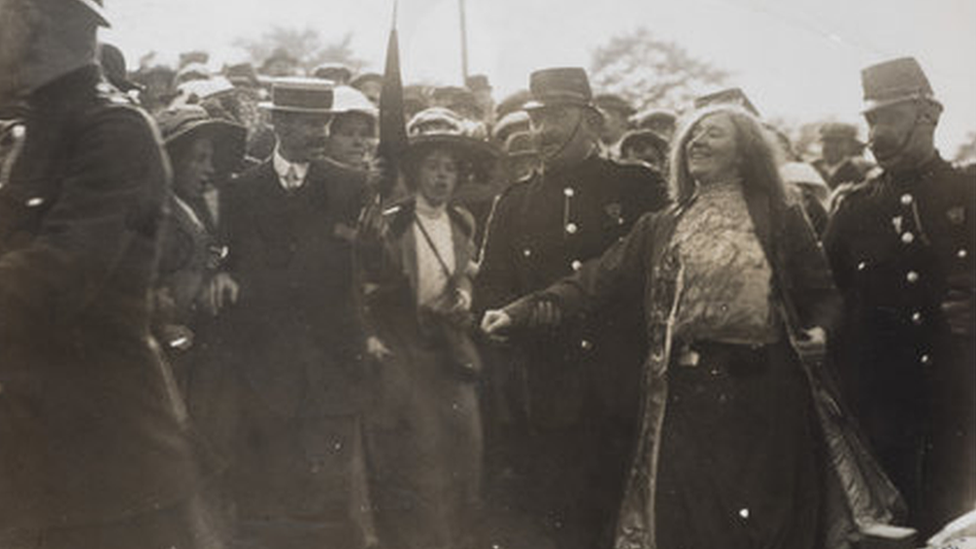
The arrest of Kitty Marion at the National Eisteddfod 1912 for heckling David Lloyd George
But what is interesting about this anniversary is how the image of my great-grandmother has changed over time.
Back when I was a child, people would sometimes say she was unladylike and that she slowed down the rate of change.
Nowadays, I rarely hear that.
The dominant view is that after the decades of peaceful campaigning, and all the thousands of petitions, someone had to say "enough is enough".
Women peacefully asking when they would get the vote were forcibly removed from meetings and their voices ignored.
This is when the militancy began and I think there is a greater understanding now of the establishment's responsibility in that.
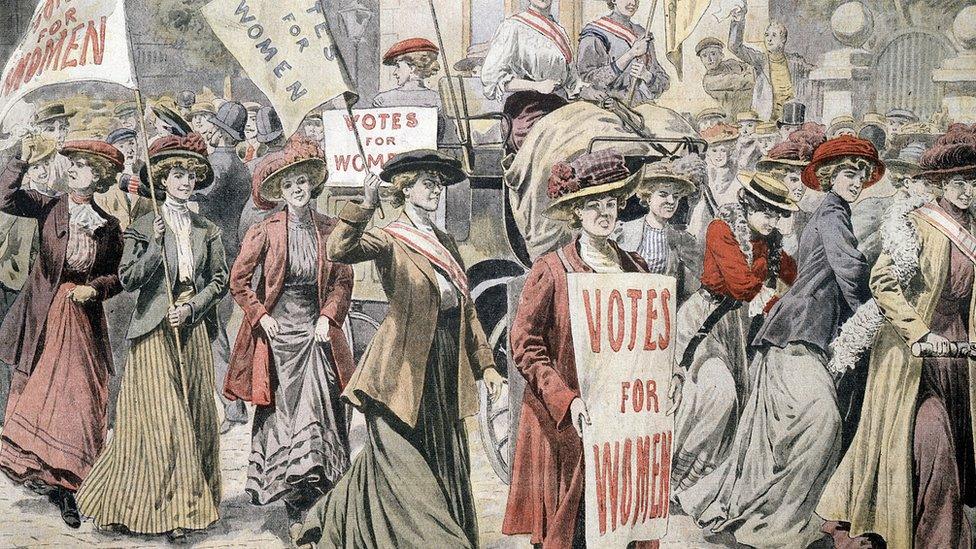
Suffragettes campaigning in London
In recent years, we have also seen how difficult the process of social change is to achieve.
Young women today can learn from the suffragettes, namely how to activate social change and how to campaign and market themselves - with their purple, green and white colours, the suffragettes were way ahead of the times in understanding the power of a brand.
My great-grandmother knew that 1918 was not the end of the fight and was, in fact, just the beginning.
Today, she would be hoping modern women will learn from the suffrage era and take courage in carrying the baton forward.
- Published5 February 2018

- Published21 January 2018
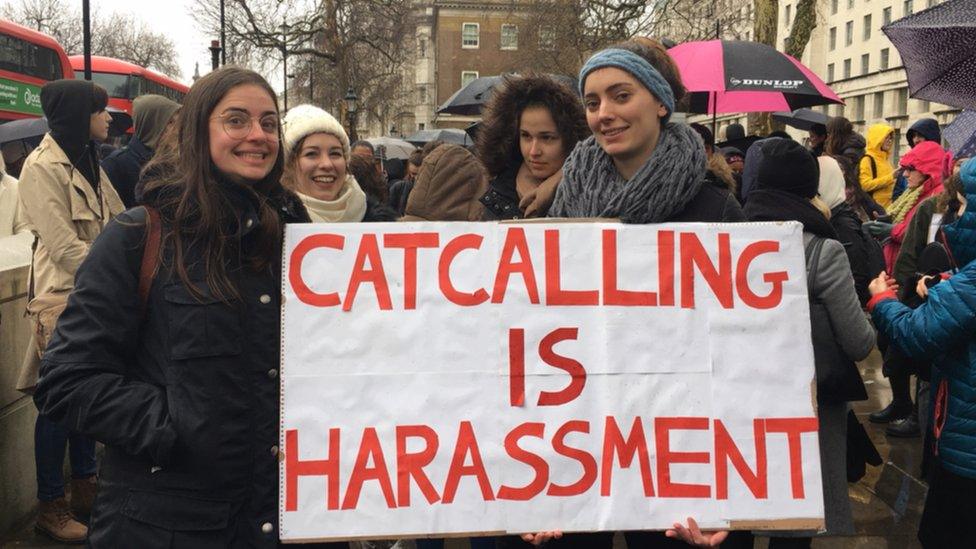
- Published5 February 2018
